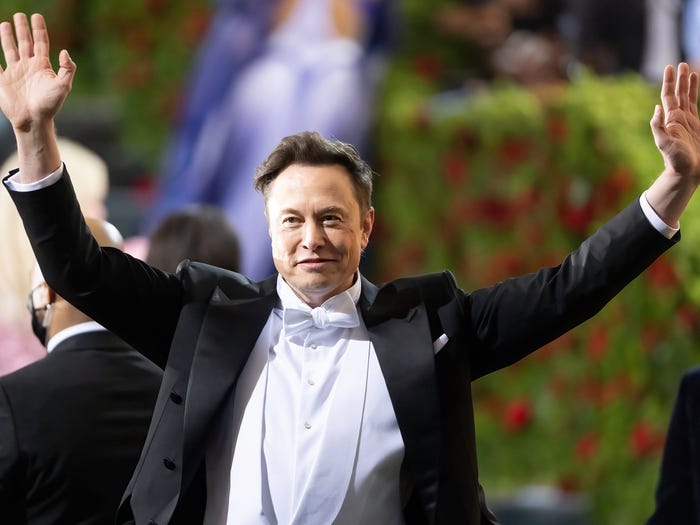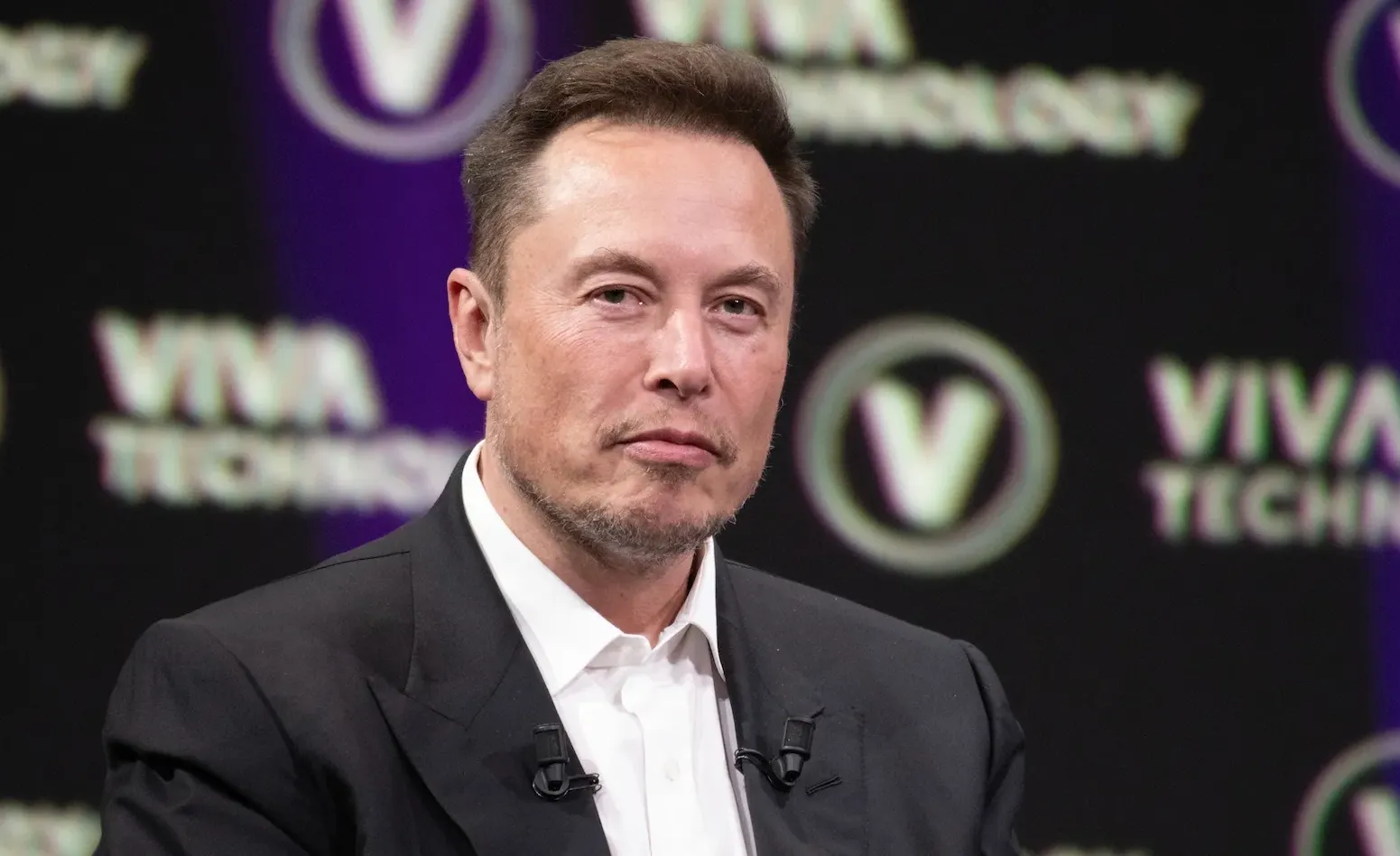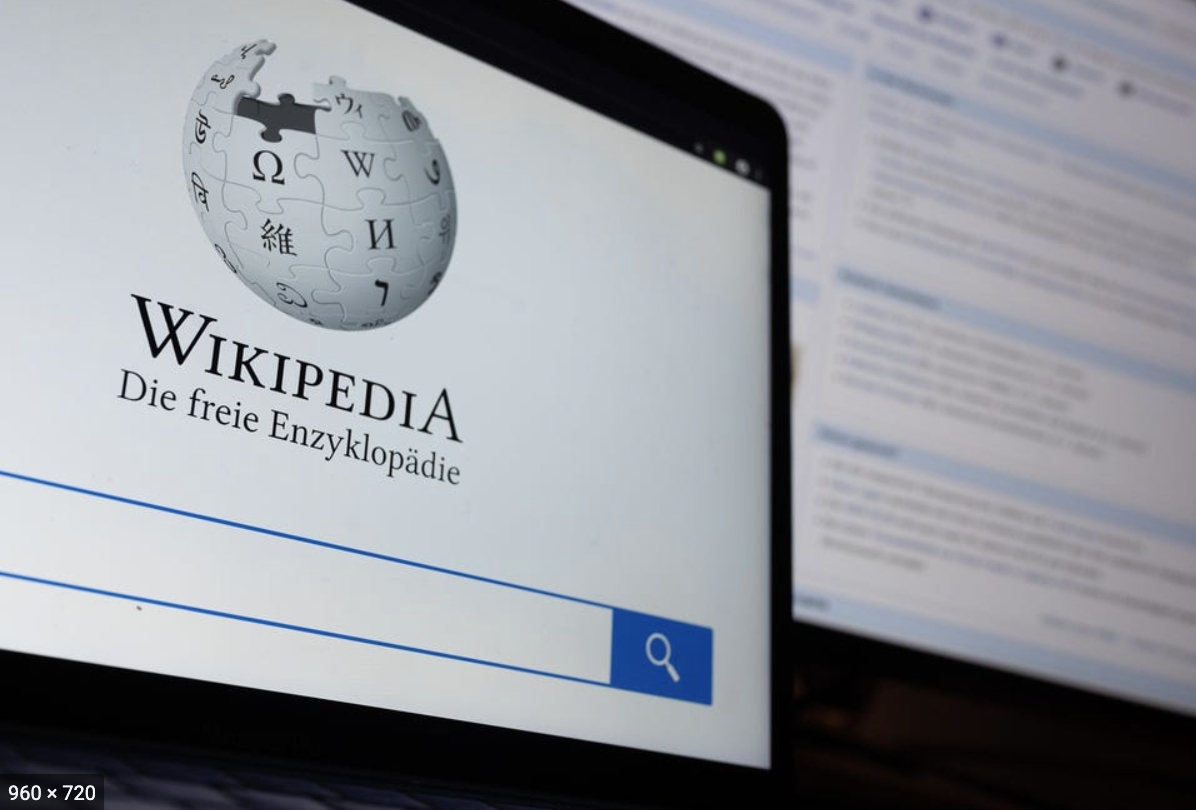
Elon Musk recently took aim at Wikipedia, labeling it as “Wokepedia” in a pointed critique of what he perceives as the online encyclopedia’s alleged ideological bias. The billionaire entrepreneur and CEO of companies like Tesla, SpaceX, and X (formerly Twitter) expressed his discontent in a series of social media posts, accusing the platform of skewing its content toward progressive and left-leaning narratives.
This provocative remark has ignited a fresh wave of debates about Wikipedia’s editorial policies, neutrality, and the broader challenges of maintaining unbiased information in an increasingly polarized digital landscape.

Musk’s criticism of Wikipedia is not entirely new. He has previously voiced concerns about the platform’s reliance on user-generated content, which he argues makes it susceptible to manipulation and ideological slant. His latest attack, however, goes a step further by framing Wikipedia’s editorial decisions as part of a broader cultural trend he describes as “wokeism.”
This term, often used pejoratively by critics, refers to an overemphasis on progressive social justice issues, which Musk claims compromises the integrity and objectivity of institutions, including online platforms like Wikipedia.
The immediate trigger for Musk’s outburst appears to be a series of controversial edits and deletions on Wikipedia that have garnered public attention in recent months. Critics, including Musk, argue that these instances reflect a growing tendency for the platform to censor dissenting views and prioritize certain perspectives over others.

Examples cited include the removal of content deemed “misleading” or “offensive” by Wikipedia’s volunteer editors, who play a central role in shaping the site’s vast repository of information. Musk and his supporters view these actions as evidence of ideological overreach, while defenders of Wikipedia maintain that such decisions are necessary to combat misinformation and uphold the platform’s credibility.
In his critique, Musk also questioned Wikipedia’s funding model, specifically its reliance on donations from users and philanthropic organizations. He suggested that some donors might exert undue influence over the platform’s content, steering it toward their preferred narratives.
This accusation has been met with pushback from Wikipedia’s parent organization, the Wikimedia Foundation, which has consistently maintained that its editorial policies are guided by community consensus and not by external financial pressures.

The debate over Wikipedia’s neutrality is not a new one. Since its inception in 2001, the platform has faced ongoing scrutiny regarding its ability to maintain a balanced and impartial approach to knowledge curation. Wikipedia’s open-editing model, which allows anyone with internet access to contribute or modify content, has been both its greatest strength and its Achilles’ heel.
On one hand, this model enables the rapid accumulation and dissemination of information on an unprecedented scale. On the other hand, it leaves the platform vulnerable to disputes over accuracy, bias, and editorial integrity.
Musk’s comments have struck a chord with critics who share his concerns about what they see as Wikipedia’s increasing alignment with progressive ideologies. These critics argue that the platform has become a battleground for cultural and political conflicts, with its editorial policies reflecting the values and priorities of a particular segment of society.

For them, Musk’s “Wokepedia” label captures a growing frustration with what they perceive as the platform’s failure to uphold its original mission of neutrality and inclusivity.
Supporters of Wikipedia, however, counter that Musk’s critique oversimplifies a complex issue and overlooks the challenges of managing a platform of its size and scope. They point out that Wikipedia is one of the most-visited websites in the world, with over 6 billion monthly page views and contributions from millions of users across the globe.
Maintaining a consistent standard of accuracy and impartiality in such a dynamic environment is an inherently difficult task, they argue, and the platform’s volunteer-driven model represents a remarkable experiment in collaborative knowledge creation.

The Wikimedia Foundation has also defended its editorial practices, emphasizing that decisions about content are made through a rigorous process of community discussion and consensus-building. While acknowledging the occasional shortcomings of this approach, the foundation argues that it remains the best way to ensure a fair and democratic representation of knowledge.
In response to Musk’s accusations, the foundation reiterated its commitment to transparency and openness, inviting critics to engage constructively in its editorial processes.
Musk’s remarks have reignited a broader conversation about the role of platforms like Wikipedia in shaping public discourse. As the digital age continues to evolve, questions about the balance between free expression and responsible curation, as well as the impact of ideological bias on the flow of information, are becoming increasingly urgent.

Wikipedia, as one of the internet’s most prominent knowledge hubs, finds itself at the center of these debates, facing the dual challenge of maintaining its relevance and credibility in an era of deepening cultural divides.
Whether Musk’s critique will lead to meaningful changes at Wikipedia remains to be seen. For now, his “Wokepedia” comment has added another layer to the ongoing discussion about the platform’s role in the information ecosystem.
As supporters and detractors continue to clash over its editorial policies, Wikipedia’s ability to navigate this challenging terrain will undoubtedly shape its future as a trusted source of knowledge in a rapidly changing world.
-1741916893-q80.webp)

-1742553573-q80.webp)
